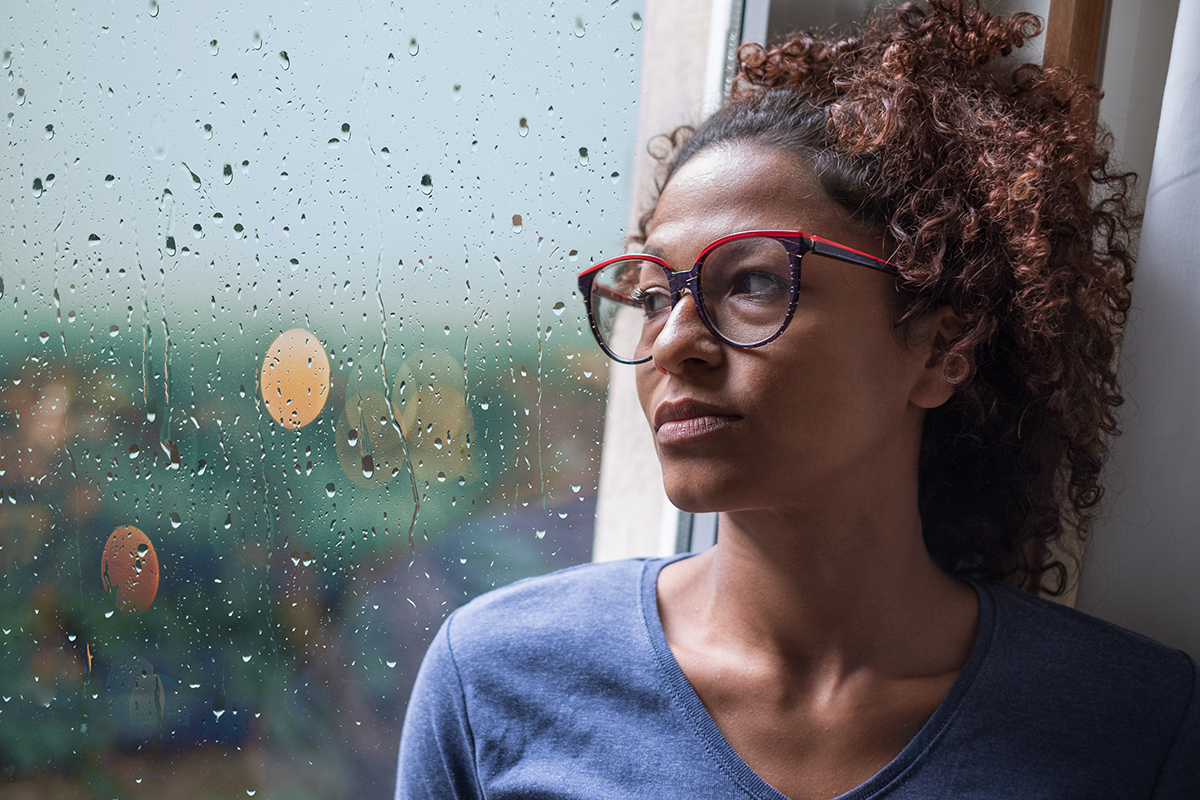Everyone occasionally struggles with a bad mood or a day where nothing seems to go right, but being depressed is like having a dark cloud follow you around wherever you go. Depression can take various forms and strike without warning, even if you are typically an optimistic person.
Depression symptoms can be simultaneously mental and physical, manifesting in persistent feelings of sadness and worthlessness with fatigue, body aches and thoughts of self-harm. These symptoms often magnify and feed on each other, progressively increasing in severity. How can you spot signs of depression in your daily life?
1. Ongoing Feelings of Worthlessness and Guilt
Having a hopeless, helpless outlook on life is a leading warning sign of depression. This change in your mood can be especially insidious if it leads you to believe you don’t deserve to feel better, or that there’s no point in asking for help.
2. Loss of Pleasure in Life
Depression can leach the color and joy out of your favorite activities. If you used to love meeting friends for lunch or hunting for treasures at the antique store, but doing those things now seems like a chore, you may have depression. You might also be depressed if you find it challenging to muster up the enthusiasm to go to work or school.
3. Fatigue
Feeling drained and overwhelmingly tired is many people’s most debilitating depression symptom, and another reason you can’t seem to get motivated to do things you’d typically enjoy. When you have depression, you might get a full night’s sleep and still struggle to get out of bed in the morning. Or, you could develop insomnia, which will make you irritable and prevent you from having the energy you need to get through your day. Being chronically sleep-deprived also leads to a host of other health issues that can affect your mood.
4. Weight and Appetite Changes
Depression could change your relationship with food. Some people living with depression may start eating more and gain weight, while others will lose interest in eating and might skip meals unintentionally.
5. Mood Swings
Unpredictable mood swings are another characteristic of depression. In some cases, like bipolar disorder, these can alternate between episodes of high energy and lows that make you feel hopeless. Erratic changes in your moods can affect your relationships, as people in your life never know what to expect from you.
Mental Health Treatment for Women
Depression is a mental illness that doesn’t get better on its own, which means your symptoms may worsen without treatment. Some people attempt to self-medicate their mental health with drugs and alcohol, which may provide short-lived relief, but can eventually exacerbate your depression and lead to a co-occurring substance use disorder.
At Rising Roads Recovery, we offer a women’s-only program designed to meet our clients’ unique needs. Addiction and depression often go hand in hand, and in this case, you need a specialized treatment plan designed to address both issues simultaneously. Contact us if depression and substance abuse have made your life a challenge and you are ready to learn more.

